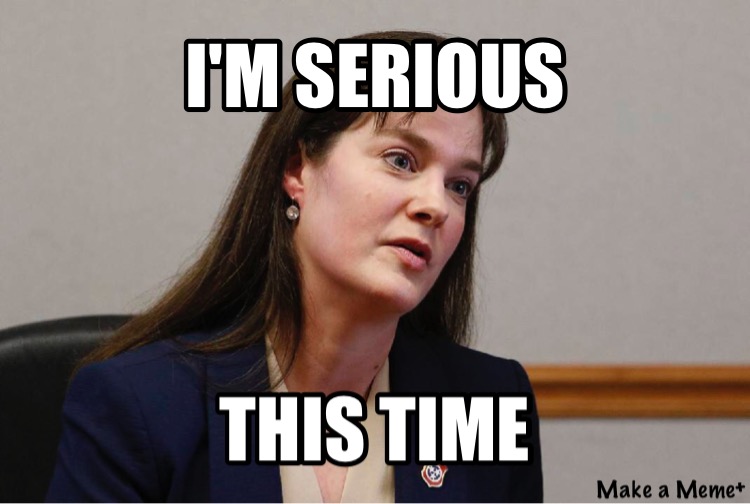Every year, the Tennessee Organization of School Superintendents (TOSS) holds a conference in Gatlinburg. The event is an opportunity for the state’s education leaders to come together, receive training, and learn from each other. Historically, during gubernatorial election years, the event has also featured the major party candidates for Governor outlining their education views and taking questions.
Not this year. Democratic candidate Karl Dean did attend the conference and gave a presentation on his agenda for public education in Tennessee.
However, Republican candidate Bill Lee did not attend. It’s true that Bill Lee has some education policy views that might not be welcomed by professional educators, but he certainly should take advantage of the opportunity to explain his vision in front of a nonpartisan group of state education leaders.
Back in 2016, Bill Lee wrote on op-ed supporting that year’s version of an education voucher scheme — one of many that have failed in the legislature in recent years. He’s also expressed support for legislation that would prevent school boards from actively lobbying against vouchers. During this year’s campaign, Lee has also indicated he would support a “voucher-like” program to use public funds to pay for private school tuition.
Lee’s support for vouchers is problematic not just because it represents a shift in taxpayer dollars away from public schools but also because recent evidence suggests vouchers don’t get results:
Recent evidence tells us that’s not the case. In fact, studies of voucher programs in D.C., Louisiana, Indiana, and Ohio indicate students lose ground academically when accepting a voucher and attending a private school.
Writers Mary Dynarski and Austin Nichols say this about the studies:
Four recent rigorous studies—in the District of Columbia, Louisiana, Indiana, and Ohio—used different research designs and reached the same result: on average, students that use vouchers to attend private schools do less well on tests than similar students that do not attend private schools. The Louisiana and Indiana studies offer some hints that negative effects may diminish over time. Whether effects ever will become positive is unclear.
Lee has also expressed support for arming teachers, the Tennessean reports:
With school safety at the forefront of a national debate, Williamson County businessman Bill Lee said Monday he supports arming some teachers as a “cost-effective” way to increase security.
It seems likely the state’s school system leaders would like further information on Lee’s plans for schools, but Lee was unwilling to attend their annual gathering and provide that information.
Why won’t Bill Lee talk directly to those most likely to be impacted by his policies — or seek input from school system leaders on how a voucher scheme or armed teachers would work in practice? Moreover, why wouldn’t Bill Lee want educators to be able to clearly compare his views to those of Karl Dean’s?
If Bill Lee believes he’s the best candidate on education, he should be willing to stand in front of educators and make that case.
For more on education politics and policy in Tennessee, follow @TNEdReport
Your investment helps keep the education news coming!






